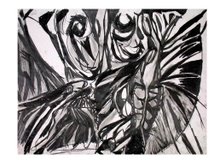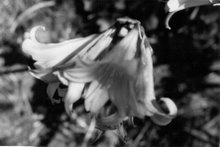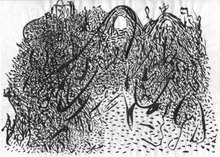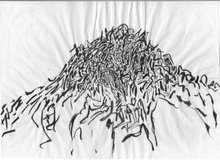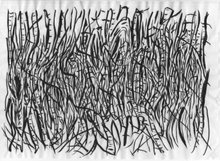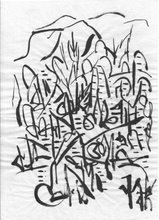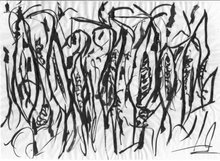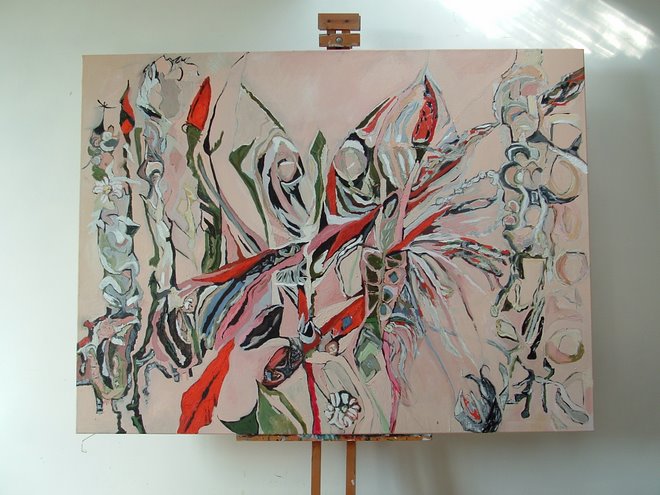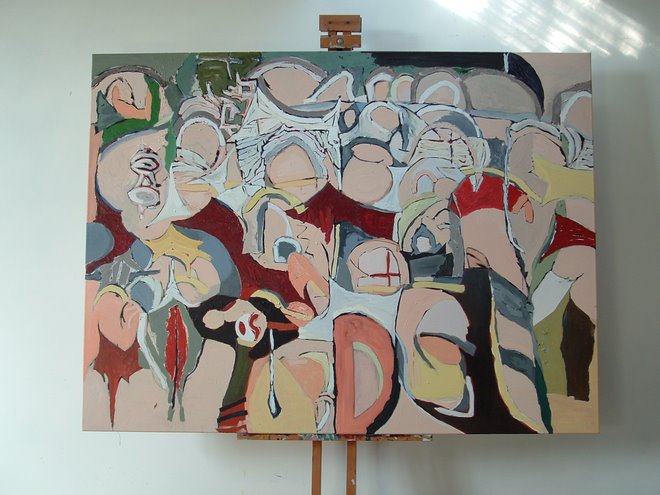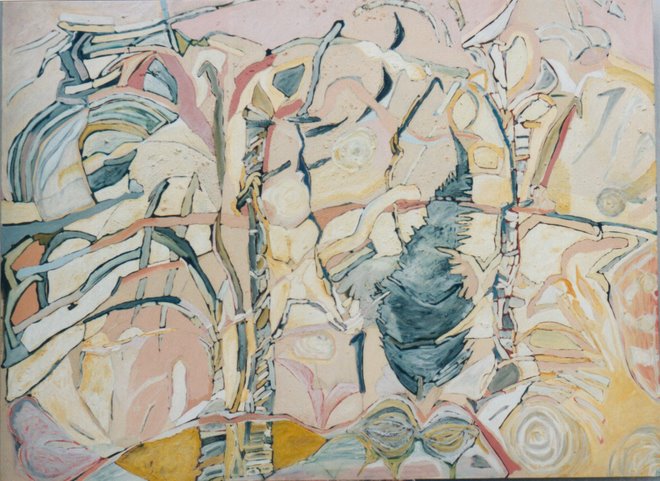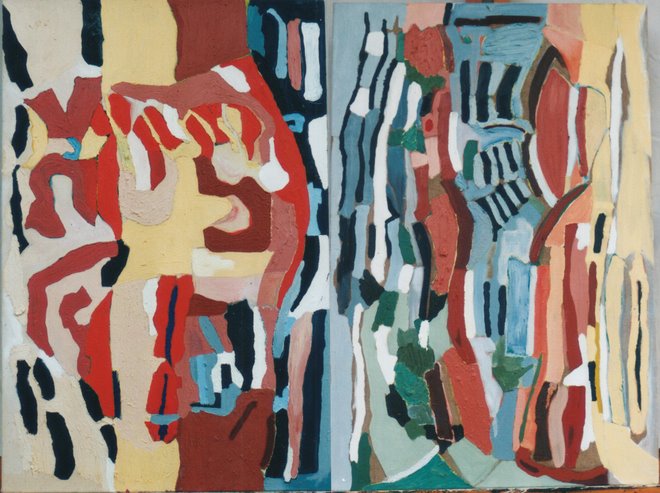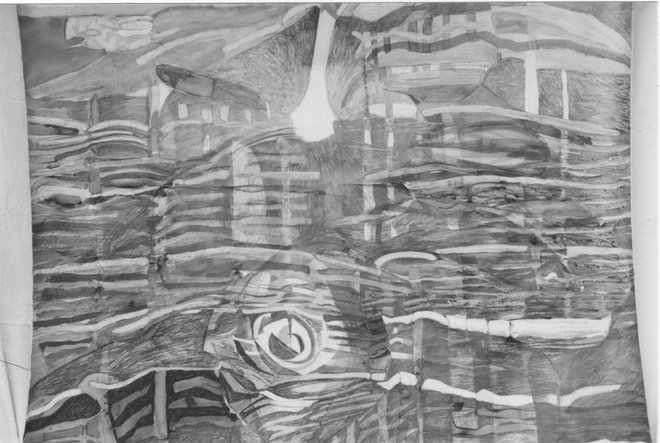Exposed on the cliffs of the heart. Look, how tiny down
there,
look: the last village of words and, higher,
(but how tiny) still one last
farmhouse of feeling. Can you see it?
Exposed on the cliffs of the heart. Stoneground
under your hands. Even here, though,
something can bloom; on a silent cliff-edge
an unknowing plant blooms, singing, into the air.
But the one who knows? Ah, he began to know
and is quiet now, exposed on the cliffs of the heart.
While, with their full awareness,
many sure-footed mountain animals pass
or linger. And the great sheltered birds flies, slowly
circling, around the peak's pure denial.-But
without a shelter, here on the cliffs of the heart...
_ Rainer Maria Rilke
- Translated by Stephen Mitchell
Friday, 26 December 2008
[Exposed on the cliffs of the heart]
Saturday, 13 December 2008
Monday, 1 December 2008
Crossing the Border
But Herodotus? A book written two and a half thousand years ago? Well, yes: because all our thinking, our looking and reading was governed during those years by an obsession with allusion. Each word brought another one to mind; each had a double meaning, a false bottom, a hidden significance; each contained something secretly encoded, cunningly concealed. Nothing was ever plain, literal, unambiguous - from behind every gesture and word peered some referential sign, gazed a meaningfully winking eye. The man who wrote had difficulty communicating with the man who read, not only because the censor could confiscate the text en route, but also because when the text finally reached him, the latter read something utterly different from what was clearly written, constantly asking himself: What did this author really want to tell me?
from "Travels with Herodotus'- Ryszard Kapuscinski
Monday, 24 November 2008
On Sense and Reference
“The reference and the sense of a sign are to be distinguished from the associated idea. If the reference of the sign is an object perceivable by the senses, my idea of it is an internal image, arising from memories of sense impressions which I have had and acts, both external and internal, which I have performed. Such an idea is often saturated with feeling; the clarity of its separate parts varies and oscillates. The same sense is not always connected, even in the same man, with the same idea. The idea is subjective; one man’s idea is not that of another.”
- Gottlob Frege
Friday, 7 November 2008
Handinneres
Inneres der Hand. Sohle, die nicht mehr geht
als auf Gefühl. Die sich nach oben hält
und im Spiegel
himmlische Straßen empfängt, die selber
wandelnden.
Die gelernt hat, auf Wasser zu gehn,
wenn sie schöpft,
die auf den Brunnen geht,
aller Wege Verwandlerin.
Die auftritt in anderen Händen,
die ihresgleichen
zur Landschaft macht:
wandert und ankommt in ihnen,
sie anfüllt mit Ankunft.
- Rainer Maria Rilke




































